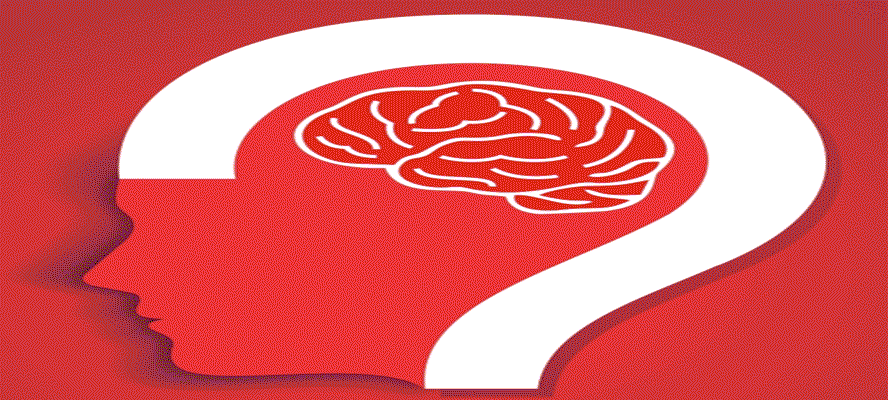“Stress” as a term is very commonly used in today’s world and has been touted as one of the highest ranking causes for many medical illnesses. In colloquial terms, this condition refers to the jitters or anxiety experienced during events connected to something big or significant in an individual’s life.
Common cases include, the anxiety felt before a job interview, a presentation, or in case of young children and students the pressure during various examinations. This stress in most of the cases is induced because of different pressures which include those from the society, peer group, friends, colleagues, etc. This is not a disease or a disorder, but a state of mind, which if not rectified or dealt with care can become the root cause majorly for heart ailments and in certain cases even neurological disorders. The most common symptom associated with the manifestation of stress include development of cold feet, sweaty palms, cranky mood, palpitation, breathlessness, temporary memory loss and blanking out. Memory loss due to stress is one of the most common neurological symptom caused due to stress. In some chronic cases of stress takers, severe complications like paralysis may also occur.
Stress in medical terms can be defined as the physical response of the body to counter certain events that are detected to be dangerous to the biological system which may be imaginary or real. This counter is mostly done by something termed as the “flight or fight” response mechanism.
Discovered by physiologist Walter Cannon, it is a primitive response inbuilt in our genes, and is automatic which can cause us to either “fight” or “flee” from a particular situation. This response is triggered by the hypothalamus, part of the brain which on stimulation initiates release of some chemicals and sequence of nerve cell firings which enables the response to be manifested.
Though very beneficial in moderation as it aids in keeping the brain active and focused, anything in excess is harmful. Excessive stress may affect your brain, and in turn may become harmful for your relationships as well as health. Chronic stress affects your spatial memory- the one which helps you to remember locations and relate objects. Examples of common events related to chronic stress include ongoing work pressure, long-term relationship problems, loneliness and continuous financial tensions. Researchers have also shown long term chronic stress to be associated with increasing the defective white matter of the brain which can lead to neurological disorders like bipolar disorder, schizophrenia, obsessive compulsive disorder, etc. Acute stress increases the brain’s ability to remember traumatic events, which are recorded in the brain and aid in serving as warning signals to help fight future trauma. Examples of events which contribute to acute stress include noise, hunger, danger, infection and overindulgence in technologies like video games.
The stress hormone cortisol is the one which keeps you alert and on your toes to make any decision. But super high levels of cortisol can lead to chronic stress, causing short-term memory loss. It leads to loss of communication between the different neurons of the brain for conveyance of the message in an area called as the prefrontal cortex which is responsible for and thus leads to short term memory loss.
According to scientific research, it has also been shown that excessive tension and stress over a short period of time can have severe negative effects on memory functions. It can affect an area in the brain termed as hippocampus which is associated with the processing of memory.
Our brain like a computer consists of RAM and ROM memory chips. Stress causes improper processing of messages, which may cause difficulty in recalling the memories at a later stage because these were never fully processed in our memory. There is also a study indicating that in times of stress, the nerve cells are not able to correctly interpret the chemical signals leading to a temporary loss or paralysis in its functioning.
In order to combat stress and the many complications which are caused due to it, memory loss being one of them,
stress busters might be useful. Examples of some of such stress busters include:
– Simplify life and read good books on positive thoughts
– Prioritise your huge tasks of the day
– Laugh out loud as a pinch of humor can heal your problems
– Exercise and meditation techniques like yoga can do wonders to combat stress








